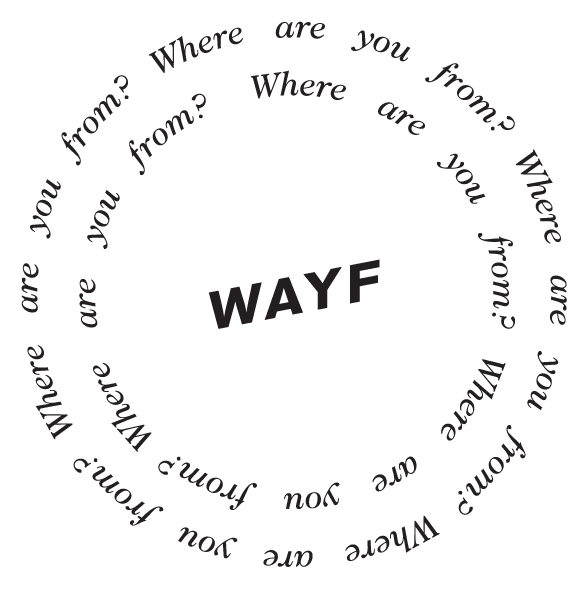Ally
Living in Australia is all I know.
I don’t remember the last time or the first time I was asked ‘Where are you from?’, but I know when someone asks me this question, I feel conflicted and like a fraud. I know as a Person Of Colour (PoC) I should be annoyed, tired of constantly feeling like I don’t belong and angry about having to explain that I’ve spent 18 of my 21 years living in Australia, that my mum is Australian. Living in Australia is all I know.
Don’t get me wrong, I do get annoyed. When the question leaves their mouths these feelings and thoughts arise promptly. Yet somehow when I’m asked the question it also makes me feel seen, and more connected to my African American side. I don’t know if it was because I was raised solely by a white mother, in a town where I was one of the only PoC, thus causing me to feel a lack of connection to my African American heritage and family, and which in turn causes me to feel lost. Because although yes, I am half Australian, I’m not white passing. So when I was younger, being able to respond and say that I was born in the U.S., that I’m half African American, gave me a sense of belonging. Even though it came with the price of feeling like an outsider within the community, I was living in.
Admitting this makes me feel like I’m not only letting myself down, but also other people who are constantly asked this question. At its core asking someone ‘Where are you from?’ is a microaggression. It’s someone attempting to say you don’t belong.
It was a confusing experience finally becoming aware of what microaggressions are. Pairing the newfound understanding with my experiences and educating myself on the effect of questions like ‘Where are you from?’.
Growing up my experience with the question was when my mum quite regularly asked about someone’s background or where they are from. Her intentions were always out of pure interest and just generally wanting to know more so I never thought twice about the impact. That was until I became older. After being asked consistently, I felt out of place, like I am a problem people are trying to decipher.
As people of colour, we are faced with racism and microaggressions daily and although questions like ‘Where are you from?’ may seem innocent, I can’t recall a single time I left the conversation feeling positive or eager to be asked again.


